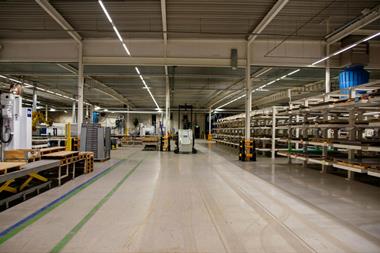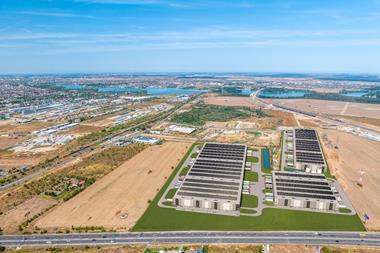GLOBAL - Investors are pulling back from emerging markets as the credit crunch dents both global transaction volumes and occupancy.
The latest RICS Global Commercial Property Survey claims investors are losing their risk appetite for emerging markets in Europe, Asia and Latin America and the result has been decline or stagnation in real estate business with the exception of Africa and the Middle East.
"There's been pullback in emerging Europe in transaction activity, which is dominated by cross-border investors," said Oliver Gilmartin, senior economist at the UK's Royal Institution for Chartered Surveyors (RICS).
"What we're seeing in Latin America is the growth rate stabilising - rather than falling, as it is in emerging Europe. Emerging Asia is not growing but it is not falling either."
The study indicates stagnation in the market, "not collapse", as Gilmartin noted: "But it is a notable trend, and the next step in activity rates is downwards."
Q1 figures revealed negative tenant demand for the first time in four years, with weaker activity across the developed world.
The pessimistic prognosis belies in some cases robust economic underpinnings. "The GDP numbers have shown solid economic growth but businesses are looking at the global economy and putting expansion on hold," said Gilmartin.
"In emerging Europe, investors are cautious but the fundamentals are still strong. There has been a pullback in investment activity despite the rental outlook and consistent levels of rental growth."
Although there has been an increase in commercial space coming to market in Africa and the Middle East - notably in Dubai - Gilmartin said there were few signs of softening demand in these markets as capital values increase.
"Available space is picking up in emerging markets, including in Africa and the Middle East. Pipeline development is going up," he said.
Meanwhile, capital values will fall in North America and mature Asian markets much more rapidly than in Western Europe. Although investment and tenant demand in Europe will "edge further into negative territory", the pace of decline will be slower than in Q1, according to the report.












